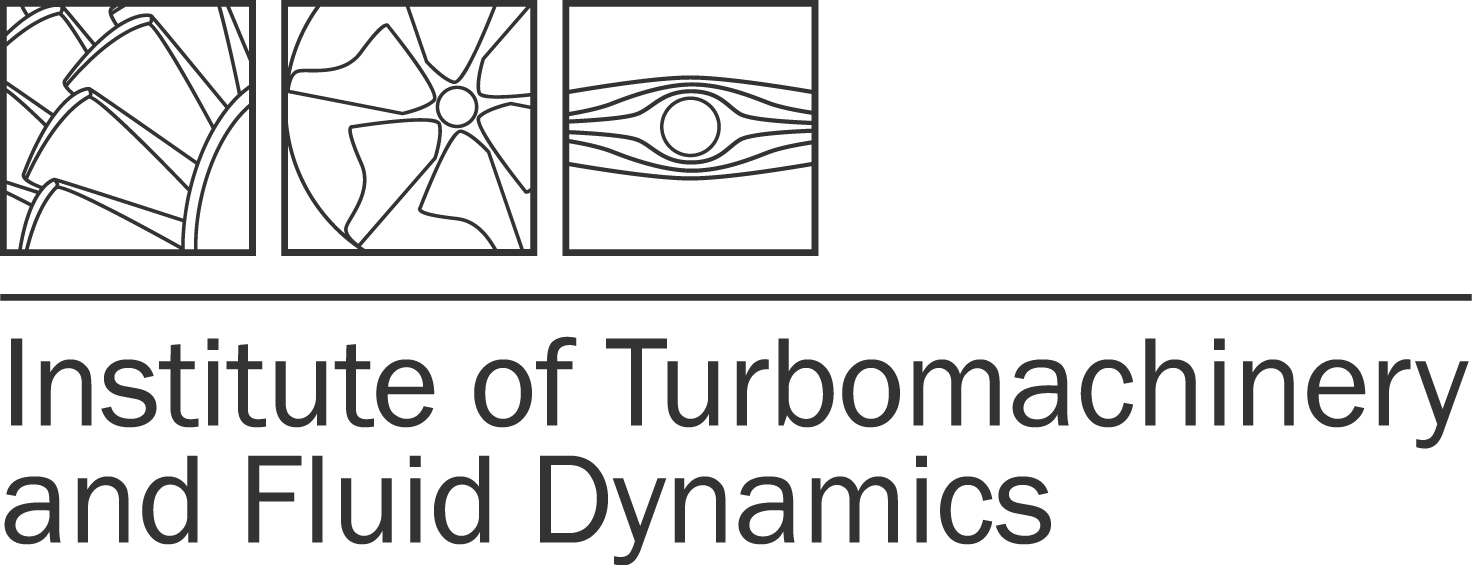Many pioneers shaped our institute into what it is today: A place where more than just research is done!
1880-1910: Prof. Wilhelm Riehn
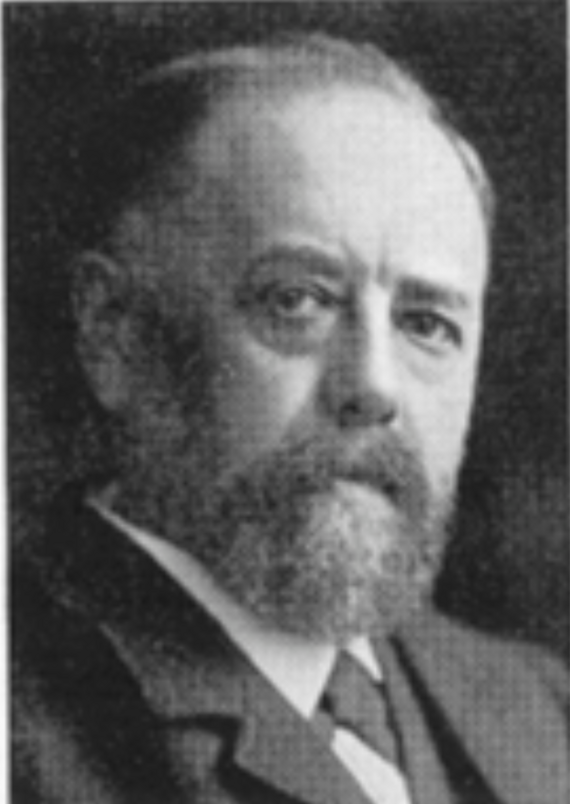
One of the institute’s forefathers was Wilhelm Riehn (* 1841 in Estebrügge near Hamburg). From 1863 to 1868 Wilhelm Riehm was employed as engineer by the company Vereinigte Hamburg-Magdeburger Dampfschiffahrts-Compagnie in Buckau. From 1868 he was employed by the Maschinen- und Bauverwaltung des Oberbergamtes in Clausthal. In 1874 he founded a company in Görlitz named Riehn, Meinicke and Wolf. In 1879 he became a teacher for shipbuilding and mechanical engineering at the Polytechnic Institute of Hannover. In 1879/80 he was responsible for the entire field of mechanical engineering in Hannover with the exception of railway engineering. From 1880 he was Professor of shipbuilding including Marine engineering, construction and theory of engines, lift machinery and pumps 1916 also for hydropower. He was awarded emeritus status in 1910.
1859-1879: Prof. Otto von Grove
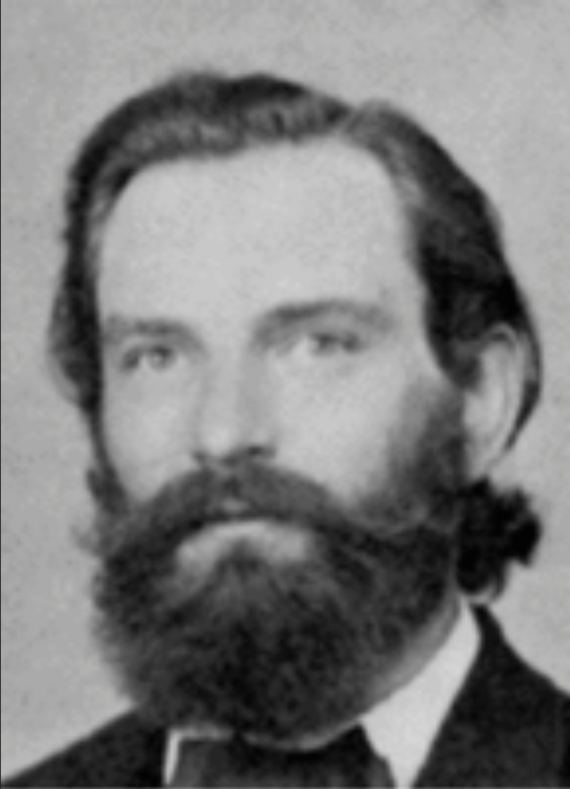
Otto Grove (* 1836 in Goslar) startet his career as scientific assistant for mechanical engineering at the Polytechnischen Schule zu Hannover in year 1858. In 1860 he became a teacher for mechanical engineering and was promotod to Maschinenbauinspektor in 1862. from 1868 he was a Professor at the Polytechnic Institute of Hannover until he left for the Königlich Technische Hochschule Charlottenburg (today known as Technische Universität Berlin) in 1879.
1901-1904: Prof. Ludwig Prandtl
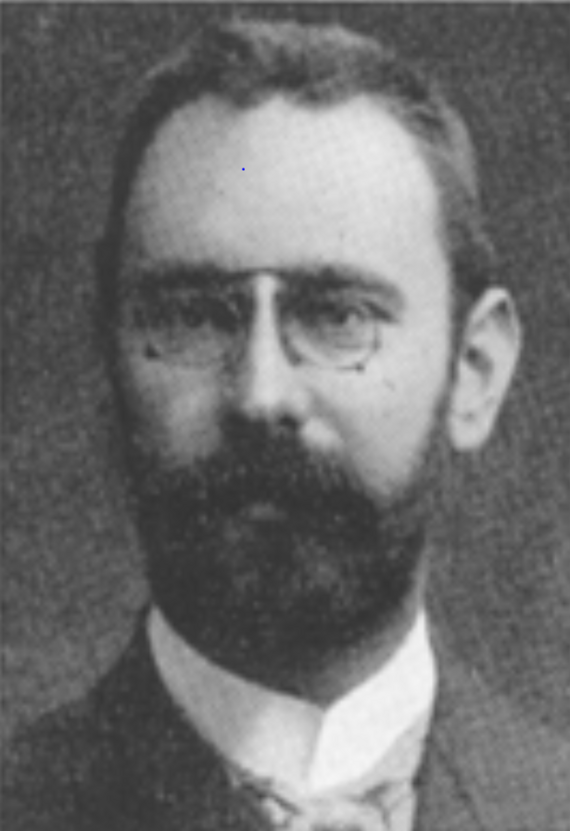
Ludwig Prandtl (*1875 in Freising) was employed by the company Vereinigten Maschinenfabrik Augsburg und Maschinengesellschaft Nürnberg (today known as MAN). In 1900 he obtained a PhD in Munich. In 1901 he became a Professor of applied mechanics at the Faculty of Machine Engineering at the Polytechnic Institute of Hannover. In September 1904 he was appointed associate Professor of applied physics at the University of Göttingen. In 1907 he became a ordinary Professor. Between 1907 and 1908 he established the first testing laboratory for aviation in Göttingen, which became the Modellversuchsanstalt für Aerodynamik in 1915 and later was part of the Kaiser-Wilhelm-Institutes für Strömungsforschung. In 1925 Prandtl became the director of this institute. He received many awards for his scientific research in the field of fluid mechanics and was awarded emeritus status in 1947.
1911-1925: Prof. Hermann Franke

Hermann Franke (*1970 in Nuremberg) was employed by the Sächsische Dampfschiffs- und Maschinenbauanstalt in Dresden in 1895, which was part of the Österreichischen Nordwest-Dampfschiffahrtsgesellschaft. From 1903 to 1911 he was a Full Professor at the technical university of Brunswick. From 1911 he was a Professor of steam engines which included steam piston machines, steam turbines and steam boilers at the Royal College of Technology in Hannover. From 1921 to 1925 he also hold lecture series on steam technology and firing technology. Since 1921 he was head of the machine laboratory A (steam engines) and of the power and heating plant as well as of the institute for steam and firing technology at the TH Hanover.
1926-1947: Prof. Karl Röder
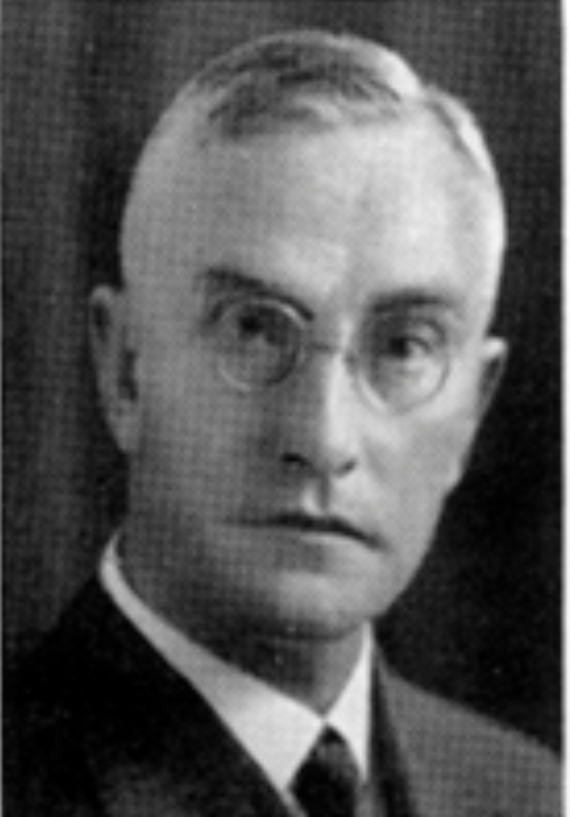
Karl Röder (* 1885 in Lower Franconia) studied in Munich and obtained a PhD in Munich in 1912. He was employed in Munich by J.A. Maffei and by Helms & Pfenninger since 1904. In 1912 he obtained a PhD in Munich. From 1914 to 1920 he was employed as chief engineer by Thyssen & Co. After that he worked as a consultant engineer in Mühlheim. In 1924 he became a Full Professor at th . In 1926 he became a Professor of the field of steam power units and boilers. At the same time he became the head of the Maschinenlaboratorium A (steam engines) and the power and heating plant. Röder has dealt in great detail with the development of steam turbines. He tried to develop an axial counter-rotating turbine as a counterpart to the radial Ljungström turbine and built the first high-speed backpressure turbine in overpressure type (Röder type), which is characterized by good efficiency and due to "breathing internals" by thermal elasticity and therefore high reliability. In 1947 he retired and became a emeritus Professor.
1948-1955: Gustav Flügel
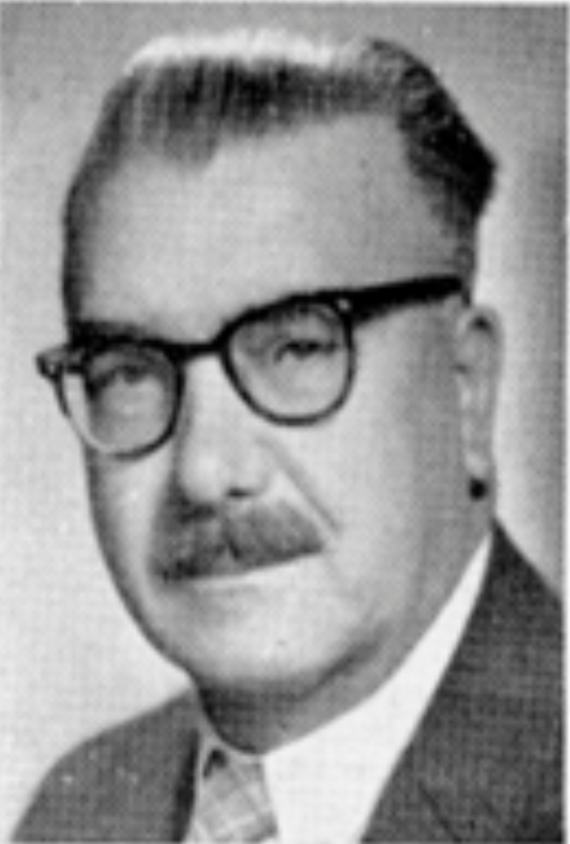
Gustav Flügel (* 1885 in Heinersreuth, Upper Franconia) was appointed Professor since 1924 at the Technical University of Gdansk for steam turbines, fluid physics and propellers. at the same time he was appointed head of the Institute of Hydro- and Aerodynamics. In 1948 he was represented as successor to Karl Röder. Before his appointment to the TH Gdansk Wing had studied in Munich. He worked from 1909 to 1910 as a design engineer for ship turbines at the Vulcan shipyard in Szczecin and 1910-1912 assistant at the Department of Mechanical Engineering of the University of Gdansk. In 1914 he received his doctorate in Gdansk to Dr.-Ing. From 1912 he worked until his appointment to the TH Gdansk as a design and calculation engineer later as a department manager and chief engineer for turbomachinery at the AEG turbine factory in Berlin.
1955-1977: Prof. Karl Bammert
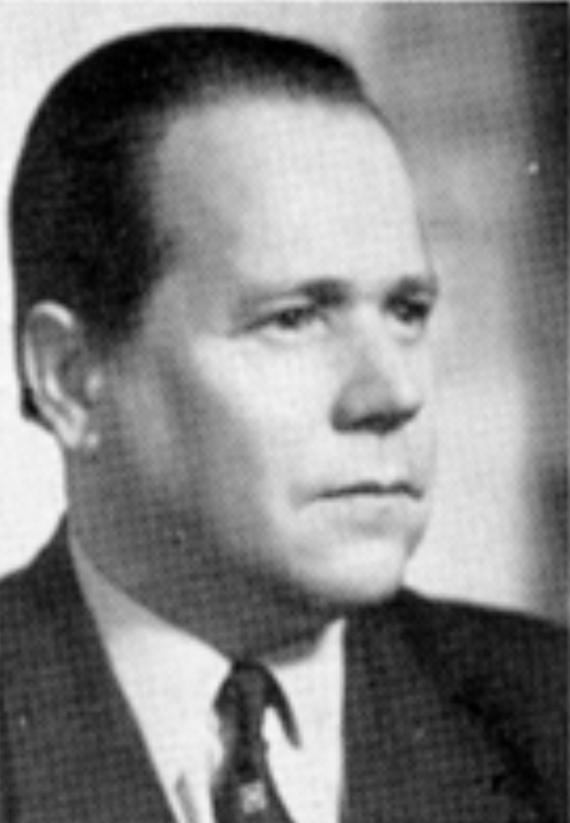
Karl Bammert (* 1908 in Neu-Ulm) was appointed Full Professor and Director of the post-war Chair of Turbomachinery in 1955. The chair should cover the areas of steam turbines, centrifugal compressors and gas turbines currently under development.Karl Bammert studied at the TH Karlsruhe and then worked mainly as a designer and test engineer with internal combustion engines in Dortmund and Berlin. He then went back to the TH Karlsruhe and obtained his doctorate for Dr.-Ing. From 1940 until the end of the war he worked in aviation research in Brunswick in the field of turbine, compressor and combustion chamber development. From the end of the war from 1945 to 1948, he was assigned to the Royal Air Force and the Ministry of Supply in London. From 1948 until his appointment to the TH Hannover in 1955 he worked at the Gutehoffnungshütte Sterkrade AG in Oberhausen in the development and construction of turbomachinery. In this time fell the introduction of axial compressors and the construction of closed coal-fired gas turbine plants, especially for heating plants. He was awarded emeritus status in 1977. He died in 1988.
1978-2000: Prof. Walter Rieß
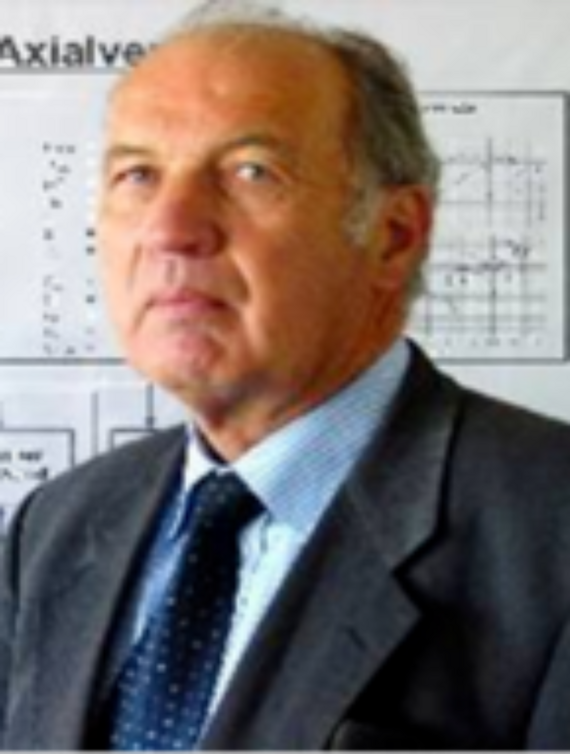
Walter Rieß (*1932 in Munich) studied mechanical engineering at the TH Munich. After a post-graduate scholarship in 1955/56 at the ETH Zurich, he was an assistant at the Institute of Thermal Turbomachinery (Prof. Traupel) at this university from 1956 to 1965. He then went to MAN Nürnberg as Head of Thermodynamic Calculation for Steam Turbines. From 1972 he was head of development and research in a joint development and construction company for steam turbines Alsthom (today known as Alstom), MAN and Rateau. In 1977 he moved to RWE, Essen, as head of the main group of mechanical engineering in power plant planning. In 1978 he was appointed Full Professor and Director of the Institute of Turbomachinery at the Technical University of Hanover. He has given lectures on turbomachinery, thermal turbomachinery, steam turbines, gas turbines, turbojet engines and turbocompressors. The lecture offer was supplemented with special topics by lecturers and private lecturers from the industry and research institutions. He supervised about 43 dissertations. He was retired in 2000 and died in 2008.
1973-2001: Prof. Manfred Rautenberg

Manfred Rautenberg (*1934 in Insterburg, East Prussia) studied at the TH Hanover and was employed as development engineer for centrifugal compressors at the Gutehoffnungshütte in Sterkrade from 1961 to 1962 . Since 1962 he has worked as a research associate and assistant at the Institute of Turbomachinery. In 1971 he received his doctorate in Dr.-Ing. In 1973 he was appointed Head of Department and Professor (Radial Compressor Division) at the Institute of Turbomachinery. He lectured on centrifugal compressors, exhaust gas turbochargers, hydraulic turbomachinery, couplings and converters, as well as numerous presentations and / or lectures on dissertations and habilitations. The main research areas of Rautenberg, which led to almost 300 publications, were the stationary and transient characteristics of centrifugal compressors and exhaust gas turbochargers, mostly experimental or derived from experiments, such as studies on blade vibrations on centrifugal compressors, mutual influences of impeller and diffuser blades in centrifugal compressors, influence of inlet-guiding vane of different geometries in a centrifugal compressor stage, energy conversion in the inlet-guiding vane, design of cooling fans for commercial vehicles, operating characteristics controlled by stator blade and bypass in car exhaust gas turbochargers, compressors in sewage treatment plants, material handling, heat pumps, air conditioning, for vapors, in the offshore technology, vacuum technology, natural gas storage, in geothermal processes.
Since 2000: Prof. Jörg Seume
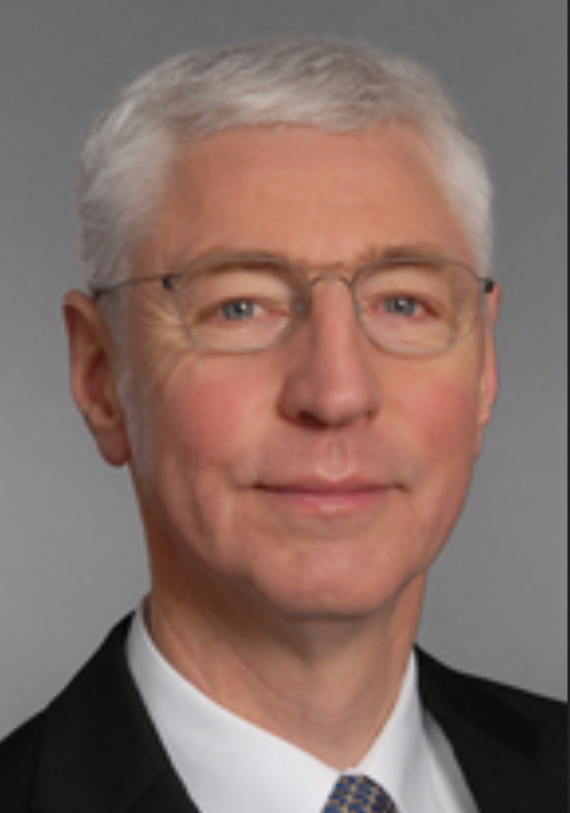
since 2000 - Prof. Jörg Seume In 2000,
J. Seume was appointed head of the Institute of Turbomachinery and Fluid Dynamics, formerly the Institute of Turbomachinery.
